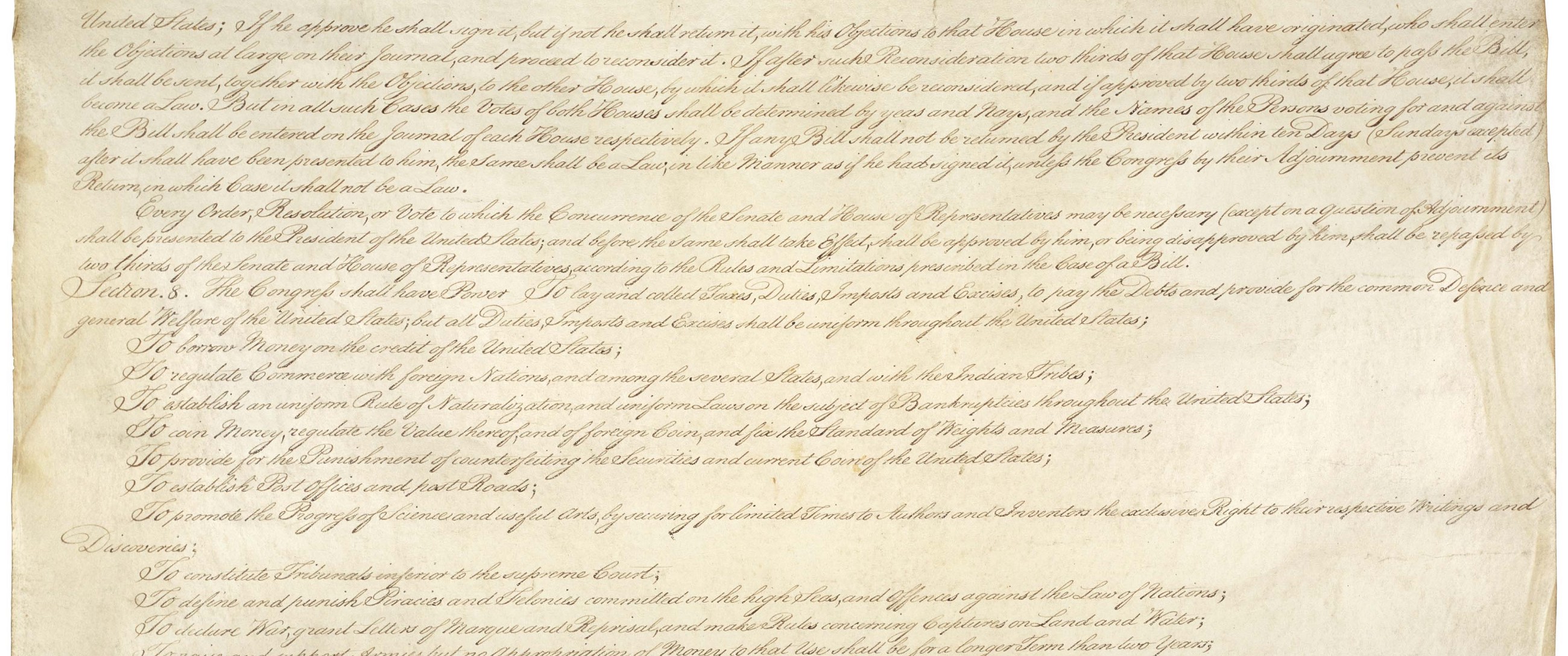Open source software as a public good
What do sculptures and software have in common?
Monday, August 27, 2018
Click here to go to all posts. Also published on Hacker Noon

I think it’s important to start off by saying two things:
- I have created open source software
- In some cases, I am proud of that open source software
Given those two points, I take great interest when I see articles such as Why Open Source Failed, a recent piece by John Mark.
Now, I want to first acknowledge that several important and well-founded points are made in the article. The complex, interwoven nature of patent law and open source is highlighted, as is the enterprise use of open source software as a mechanism for corporate productivity gains.
However, one section, in particular, caught my eye, part of which I quote below:
Using or developing more open source software is not going to improve anyone’s lives. Developing open source software is not a public good. It’s not going to result in a fairer or more equitable society. In fact, as currently structured, open source development is part of the problem.
I’m going to take this layered, onion-of-a-statement and break down open source’s true impact.
The sculptor
Imagine for a moment that you are an experienced artist, a sculptor perhaps. You have talents in a variety of different materials, creating works of art large and small. While you are regularly commissioned for your work, you often take the opportunity to create small projects for yourself and for others.
At some point, you decide that the small park in your neighborhood could do with some art. You discuss with the city government the idea of granting them, in perpetuity, the right to display one of your most elaborate marble sculptures in that local park. The art is displayed, and much to your excitement, the general public feels that the atmosphere of the park has improved. More interestingly, a discussion ensues about creating an outdoor art exhibit of similar sculptures and physical artwork.
Now, you might be wondering, “what does this have to do with open source software development?”
Let’s back up a step.
Intellectual property law
If we limit our focus for a moment to the United States, the history of intellectual property law has its roots in a small section of the U.S. Constitution. Namely, this language can be found in Article I, Section 8, Clause 8:
“The Congress shall have power…[t]o promote the progress of science and useful arts, by securing for limited times to authors and inventors the exclusive right to their respective writings and discoveries;”
While this is U.S.-specific, other nations have similar concepts of intellectual property in their respective fundamental legislative documents. The concepts of copyright, trademarks, and patents, as well as the follow-up legislation around terms of copyright, patent process, trademark registration, and so on, all find their roots in this fundamental concept of authorship or invention.
Amongst the many points that can be made, there are two layman takeaways that I’d like to highlight:
- The fundamental premise of intellectual property does not distinguish between mediums (e.g., a block of carved stone or an article in a local journal)
- All forms of work, whether scientific, artistic, or otherwise, are given equal treatment under the laws
With purposeful brevity in mind, I’m going to skip over a couple hundred years of intellectual property changes in areas such as the process of obtaining a copyright, the length of a copyright, what qualifies for a patent, and so on. However, that’s ultimately tangential information.
The value of open source software
We circle back to the section I quoted above, which is re-quoted below for ease of reading:
Using or developing more open source software is not going to improve anyone’s lives. Developing open source software is not a public good. It’s not going to result in a fairer or more equitable society. In fact, as currently structured, open source development is part of the problem.
This portion of John Mark’s position is predicated on the inherent intellectual property qualities of software, including open source. While I understand — and even agree in some cases — that institutional use and creation of intellectual property is in many ways not the benevolent, world-improving behavior it’s chalked up to be, the section above remains without merit.

Let us disentangle the question of intellectual property ownership or transfer. Just as the sculptor absolutely retains their ownership and copyright to their created work of art, so does an individual or non-person entity retain ownership of their software. That, however, does not preclude the possibility that the software can be “open sourced” and further value extended beyond its mere existence.
Open sourcing software is, in many ways, equivalent to the donation of the sculpture to the public park. It is now freely enjoyable by many, provided that the general public respect the rights of the artist. Similarly, the world is now free to use and derive value from open source software, provided that the rights of the author are respected.
Thus, a value is derived from this software beyond that which would otherwise have been derived if it remained closed source. This is as much of a public good as donating artwork to a park, so the idea that “[d]eveloping open source software is not a public good” seems entirely unsupported.
While I acknowledge that we, as a software-producing society, have a distance to go to better reconcile and address the intellectual property-related concerns, I can confidently say that in many ways, the net value is greater when contrasting open source and closed source software.
Thanks for reading! If you liked this post, let me know, and share with others!
Code icon via CC BY 3.0 from *Just UI. U.S. Constitution from the National Archives.*